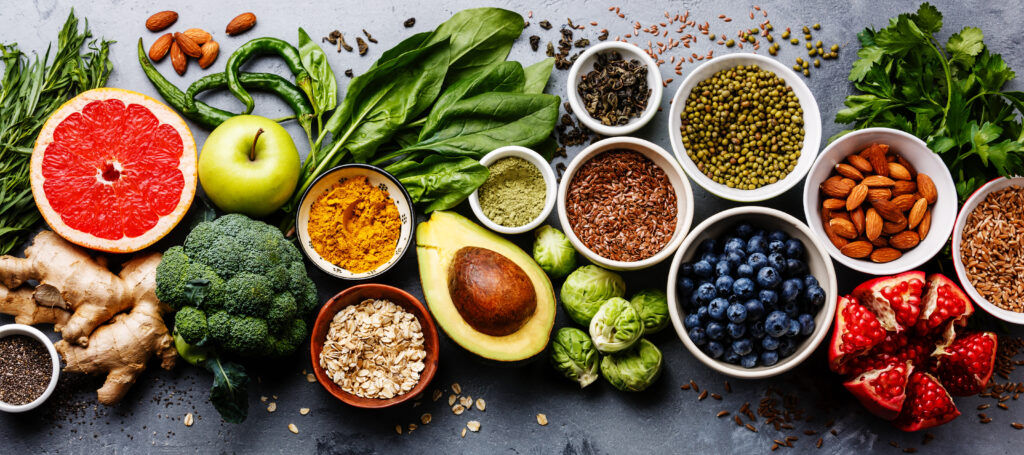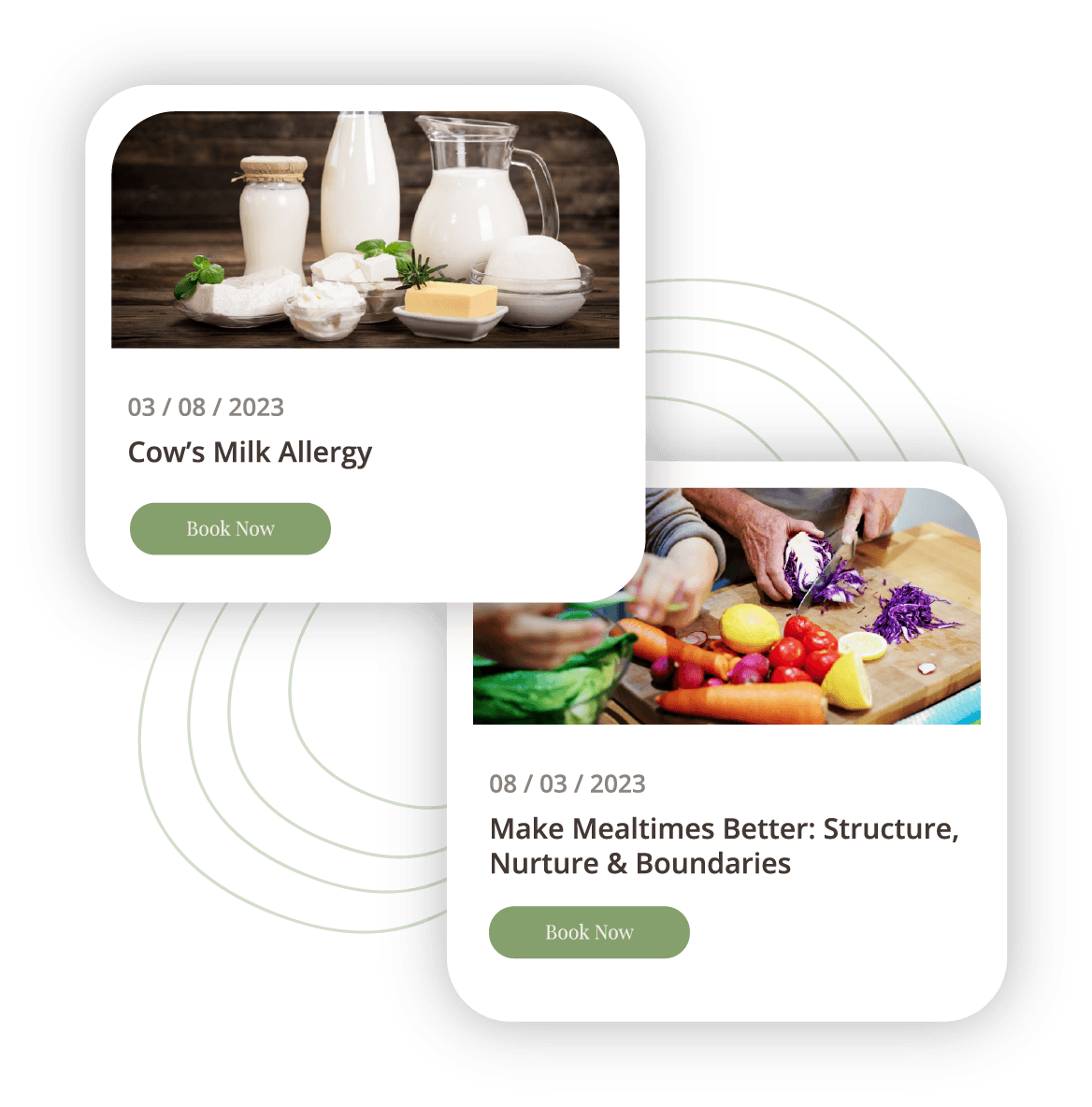Feeding difficulties include a range of scenarios where infants are not willing to feed in order to meet their nutritional needs. This may present as bottle aversion, breast refusal, food refusal, taking a long time to eat, gagging, vomiting or crying excessively during feeding. For sensitive infants, force feeding is unlikely to be helpful, and can often make matters worse.
Parents can feel very distressed when their infant is refusing to feed, and under pressure to meet nutritional or fluid needs. Parents can also feel they are doing something wrong and need help, reassurance and support.











